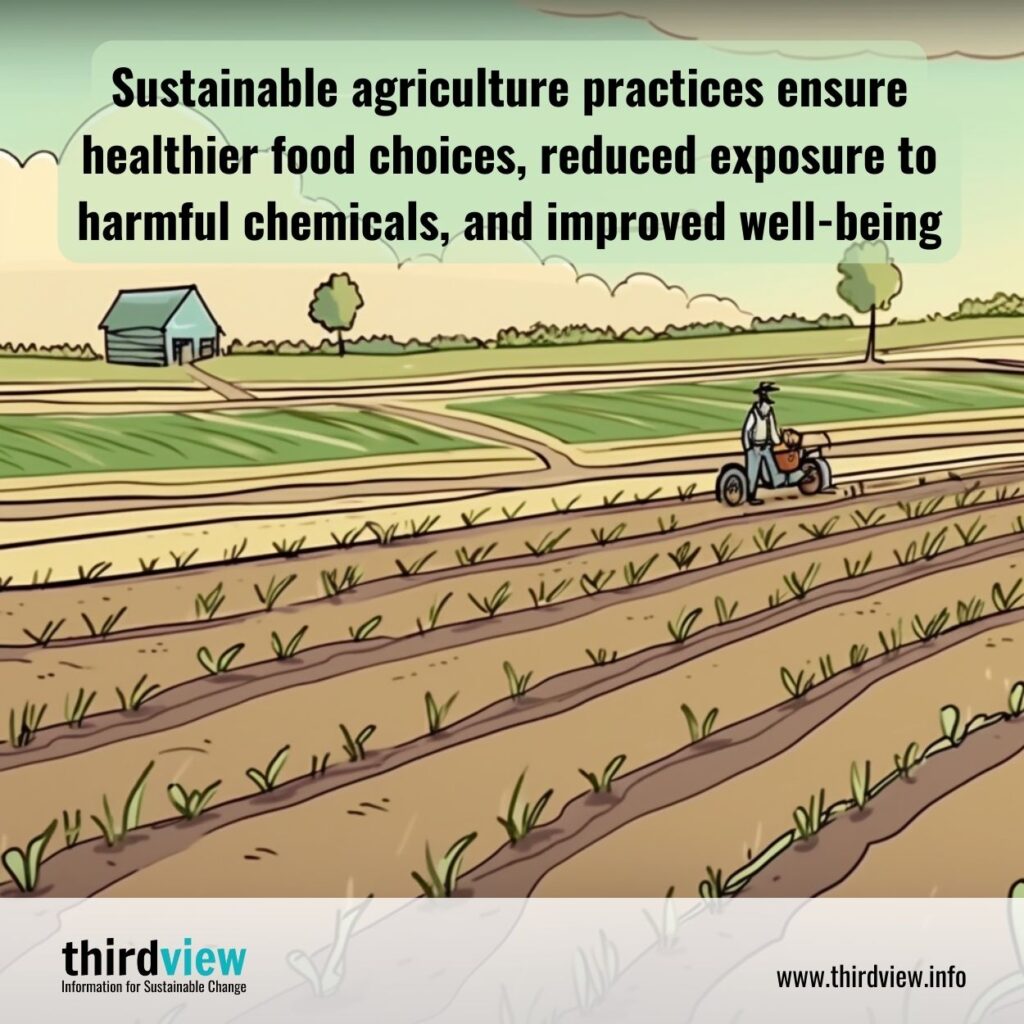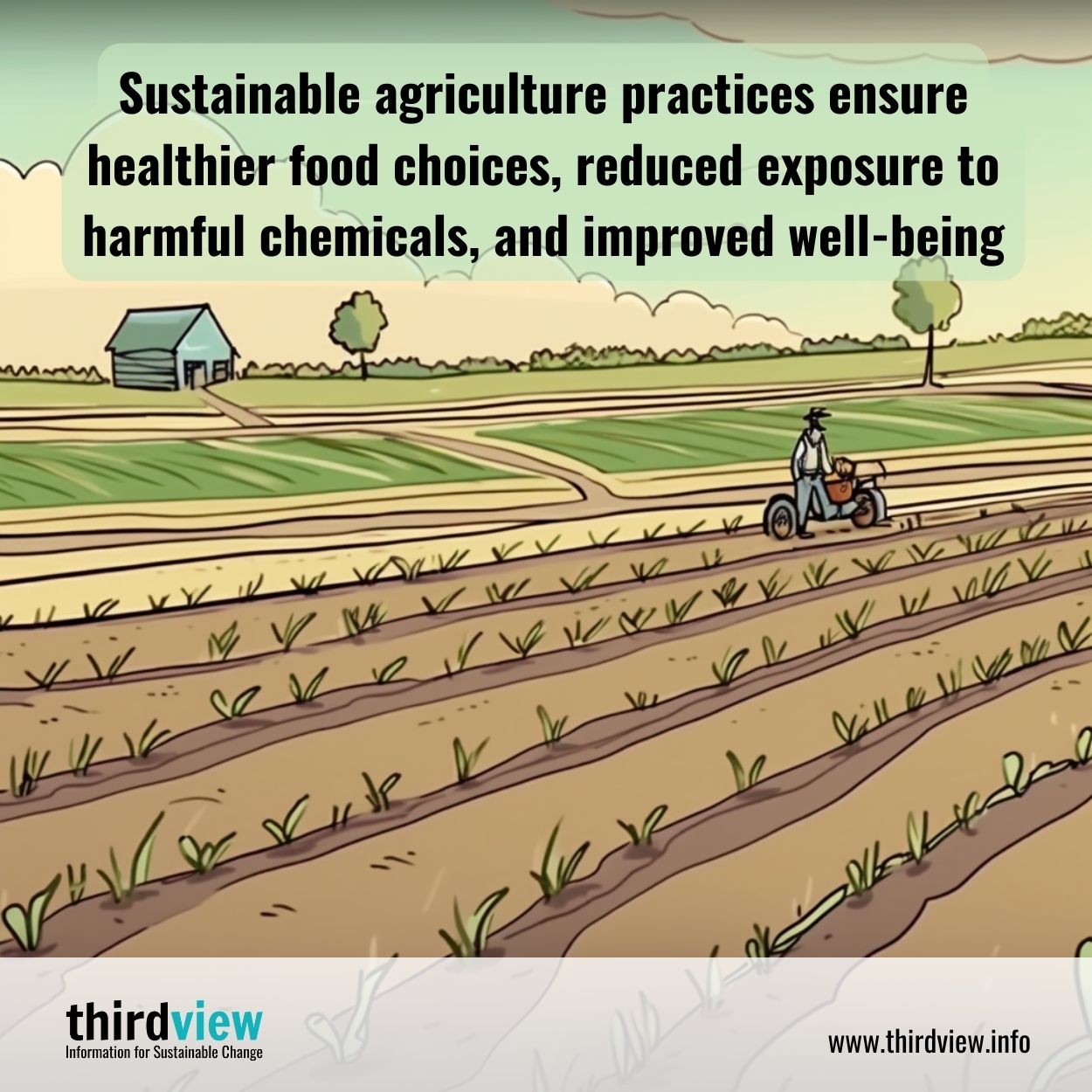The rising concern for environmental conservation has made sustainable agriculture an increasingly popular practice. Sustainable agriculture is the way food production occurs without harming nature, human health, and workers’ livelihoods. This innovative farming system provides diversified benefits beyond environmental conservation, which most people don’t know. In this blog post, we will explore some of the hidden benefits of sustainable agriculture.
Promotes Biodiversity: Sustainable agriculture practices encourage the existence of a wide range of plants, animals, and microorganisms that are crucial for ecological balance. Diversification minimizes soil erosion, pest infestations, and soil nutrient depletion, leading to higher crop yields and lower input costs.
Boosts Health and Well-being: Sustainable agriculture ensures farmers are not exposed to harmful chemicals while cultivating food. It also minimizes chemical ingestion by consumers making fresh nutrient-rich products widely available. In addition, eating pesticide-free food helps reduce the risk of chronic illnesses such as heart disease, diabetes, and obesity.
Food Security: Sustainable agriculture emphasizes food security for communities by promoting natural resources that sustain the agricultural system, minimizing inputs and protecting local food producers. In turn, promoting local farmers reduces importation which is vital in case of supply chain disruption.
Facilitates Economic Growth: Sustainable agriculture creates economic opportunities for local farmers by providing employment while reducing production costs. That enables them to invest in better equipment and higher-quality inputs, ensuring continued growth and long-term business profitability.
Conserves Water: Sustainable agriculture reduces water usage by employing modern irrigation techniques such as drip irrigation, saving water by up to 30%. Practices such as mulching also help in moisture retention reducing the need for watering and promoting healthy soil proliferation.
Sustainable agriculture practices are beneficial to the environment, farmers, and economies. By adopting sustainable agriculture practices, we can ensure a clean and healthy environment while safeguarding the food supply chain for future generations. The hidden benefits of sustainable agriculture are worth sharing, and it’s about time society began engaging in environmentally friendly farming practices. So, let’s take small steps towards minimizing our ecological footprint and promoting sustainable agriculture.


